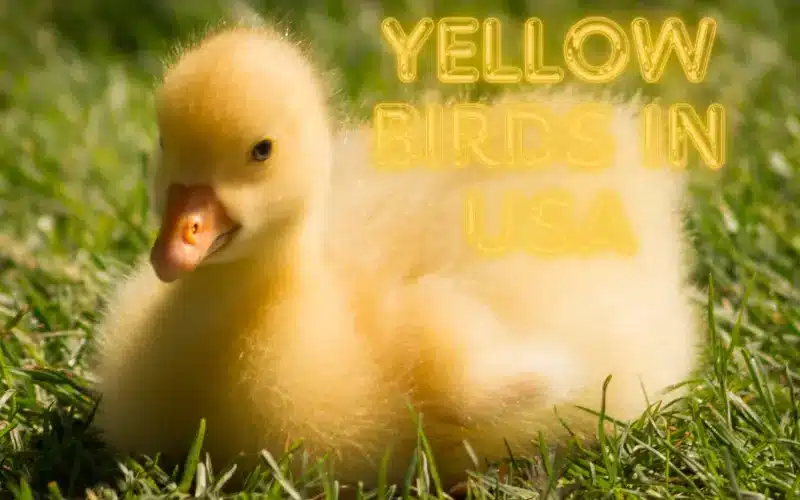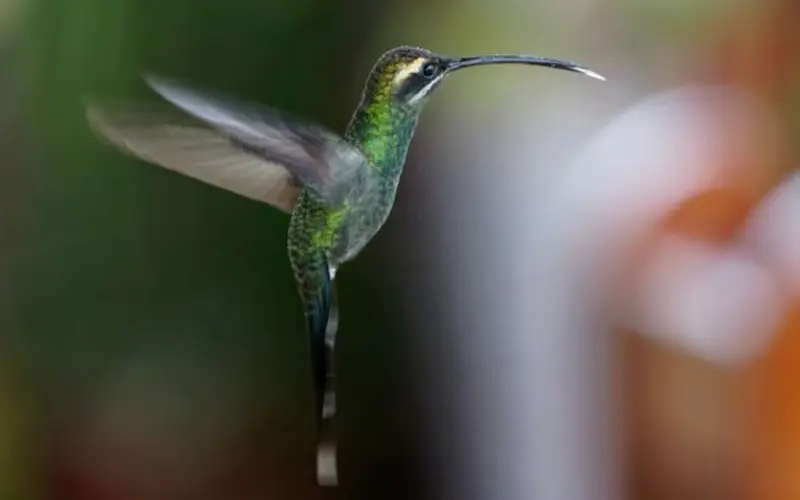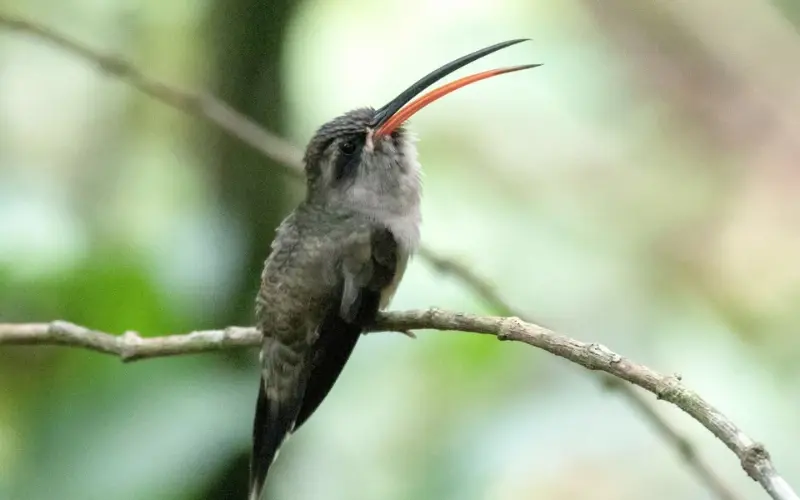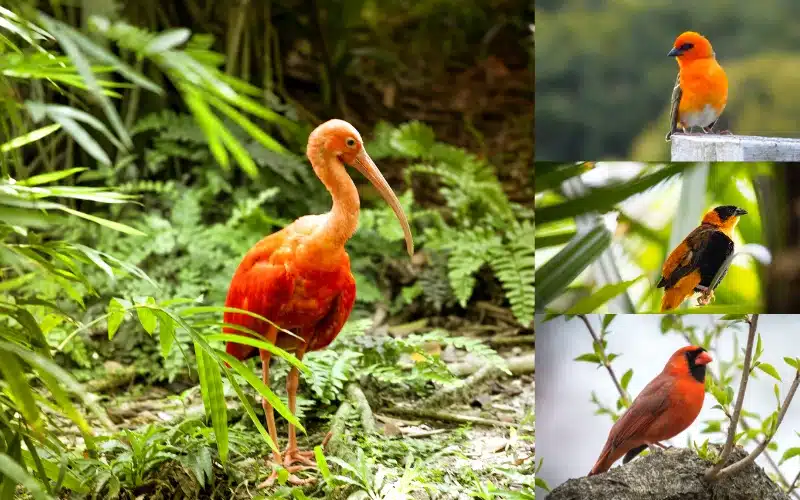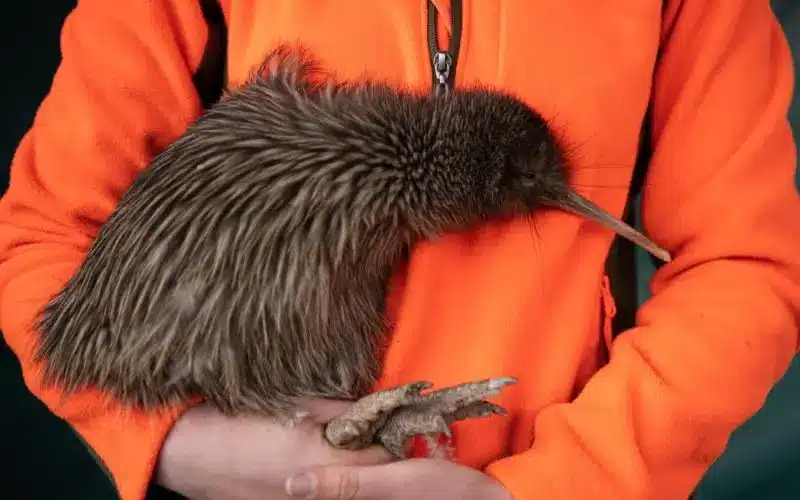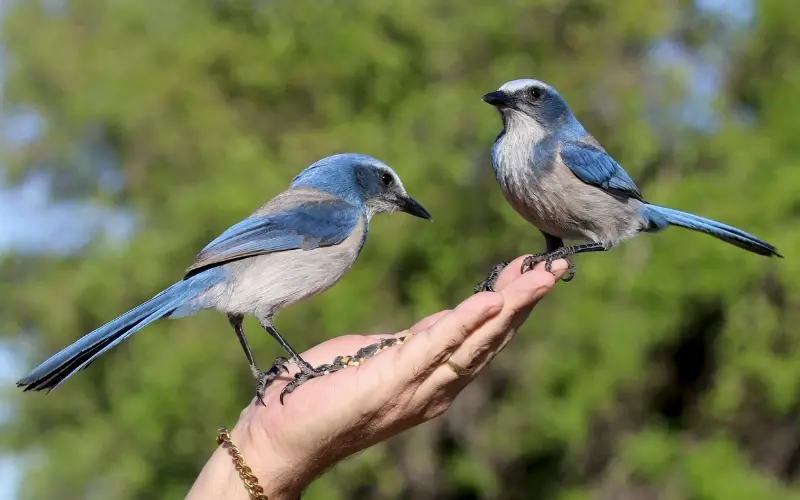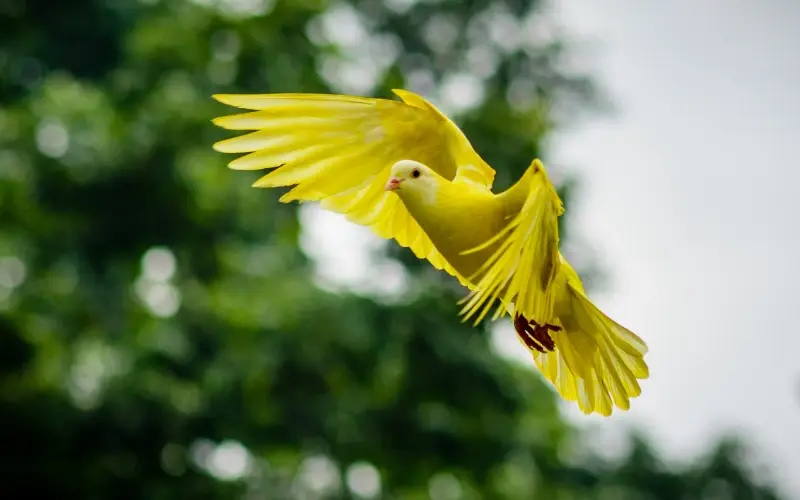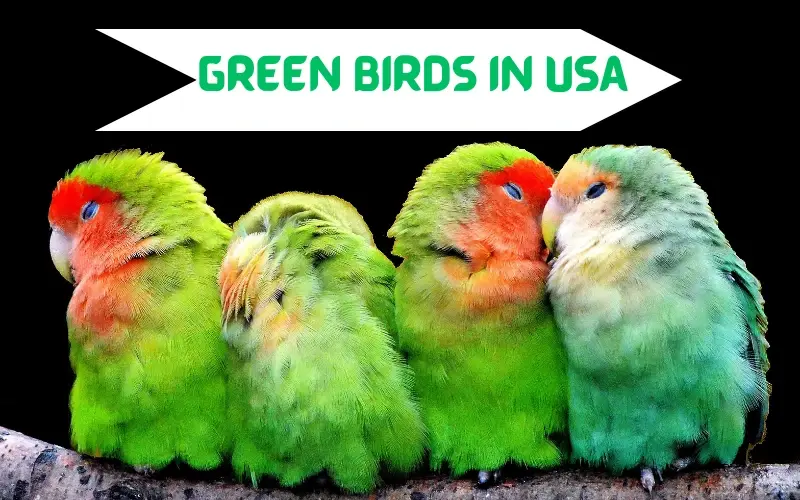Senegal Parrots as Pets! These colorful and intelligent birds make for fascinating companions, but it’s important to understand their history and characteristics before considering them as pets. In this content section, we will delve into the origins of Senegal Parrots as pets and discuss how their unique traits make them suitable (or not) for domestication.
We’ll also cover important topics such as proper housing and environmental needs, feeding and nutrition guidelines, training techniques for a healthy relationship, common health issues and care, the role of enrichment in their well-being, and the legal considerations and responsibilities that come with owning a Senegal Parrot. So let’s dive in and learn more about these charming avian companions!
The History And Characteristics Of Senegal Parrots As Pets
Senegal parrots, also known as the yellow-vented parrots, are native to West Africa and have become popular as pets due to their charming personality and striking appearance. These small-sized birds can reach up to 9 inches in length and are known for their vibrant green plumage with flashes of red, yellow, and orange on their wings.
They are highly intelligent creatures that can learn a wide range of tricks and mimic human speech. Senegals are social birds and form strong bonds with their owners, making them ideal companions for bird lovers. As pets, they require a balanced diet of fruits, vegetables, seeds, and pelleted food along with regular mental stimulation through toys or interactive activities.
With proper care and attention, these lively birds can live up to 30 years in captivity. Overall, Senegal parrots make delightful pets for those willing to provide them with a loving home filled with affection and daily interaction.
Housing And Environmental Needs For Senegal Parrots
Senegal Parrots are popular pet birds known for their playful and affectionate personalities. However, as with any pet, they have specific housing and environmental needs that must be met to ensure their health and well-being. These birds are native to the woodlands and savannas of West Africa, where they live in large flocks. As pets, they require a spacious cage or aviary that allows them to spread their wings and move around freely.
Additionally, Senegal Parrots need plenty of mental stimulation through toys, perches, and other bird-safe objects in their environment. A varied diet consisting of high-quality pellets, fresh fruits, and vegetables is also crucial for these parrots’ overall health.
It’s important to regularly clean their living space and provide them with access to clean water at all times. By understanding and meeting the housing and environmental needs of Senegal Parrots, you can provide them with a happy and healthy life as your feathered companion.
Feeding And Nutrition Guidelines For Keeping Senegal Parrots
Senegal Parrots are known for their intelligence and affectionate nature, making them a popular choice as a pet bird species. However, ensuring optimal health and well-being of these colorful birds requires proper feeding and nutrition.
It is important to provide a balanced diet that includes high-quality pellets, fresh fruits and vegetables, and occasional treats such as nuts or seeds. Additionally, Senegal Parrots require access to clean water at all times. It is crucial to avoid feeding them any human foods that may be toxic for birds, such as avocado or chocolate.
Following these feeding and nutrition guidelines will help keep your Senegal Parrot healthy and happy in its new home with you. Remember to consult with a veterinarian for specific recommendations on your parrot’s diet to ensure it receives all the necessary nutrients for a long and fulfilling life.
Training And Socialization Techniques
When it comes to owning a Senegal parrot as a pet, proper training and socialization techniques are essential for establishing a healthy and strong relationship with these intelligent birds. Training should begin as early as possible, using positive reinforcement methods such as offering treats and praise when the bird displays desired behaviors.
Regular handling and interaction with different toys, perches, and other objects will also help your Senegal parrot become comfortable with different environments and prevent boredom. Additionally, exposing them to a variety of people, animals, sights, and sounds from a young age will help them develop into a confident and well-adjusted pet.
Consistency is key when it comes to training and socialization for Senegal parrots, so it’s important to have patience and be dedicated in your efforts to establish a strong bond with your feathered friend. With the right techniques and approach, you can create a loving and fulfilling relationship with your Senegal parrot for many years to come.
Common Health Issues And Care
Senegal parrots, also known as the Senegal parakeet, are popular pet birds due to their intelligence, playful nature, and ability to mimic speech. However, like any other pet bird, they can be prone to certain health issues when kept in captivity. One of the most common health issues for Senegal parrots is malnutrition due to a poor diet.
These birds require a varied and balanced diet consisting of high-quality pellets, fresh fruits and vegetables, and occasional treats. Another potential issue is feather plucking, which can be caused by stress or boredom. Providing plenty of toys and opportunities for mental stimulation can help prevent this behavior.
Regular visits to an avian veterinarian are also essential for early detection and treatment of any health problems. With proper care and attention, Senegal parrots can make wonderful pets that will bring joy to their owners’ lives for many years.
Legal Considerations And Responsibilities
Owning a Senegal Parrot can be a rewarding and fulfilling experience, but it is important to understand the legal considerations and responsibilities that come with this ownership. Firstly, it is essential to ensure that owning a Senegal Parrot as a pet is allowed in your area.
Some countries or states have restrictions on certain bird species being kept as pets. Additionally, owners must comply with laws regarding the care and treatment of their parrots, including providing proper housing, nutrition, and veterinary care.
It is also crucial to be aware of any local or federal regulations concerning the ownership of exotic birds. As responsible pet owners, we must provide our feathered friends with a safe and comfortable environment while adhering to all legal requirements for their well-being.



